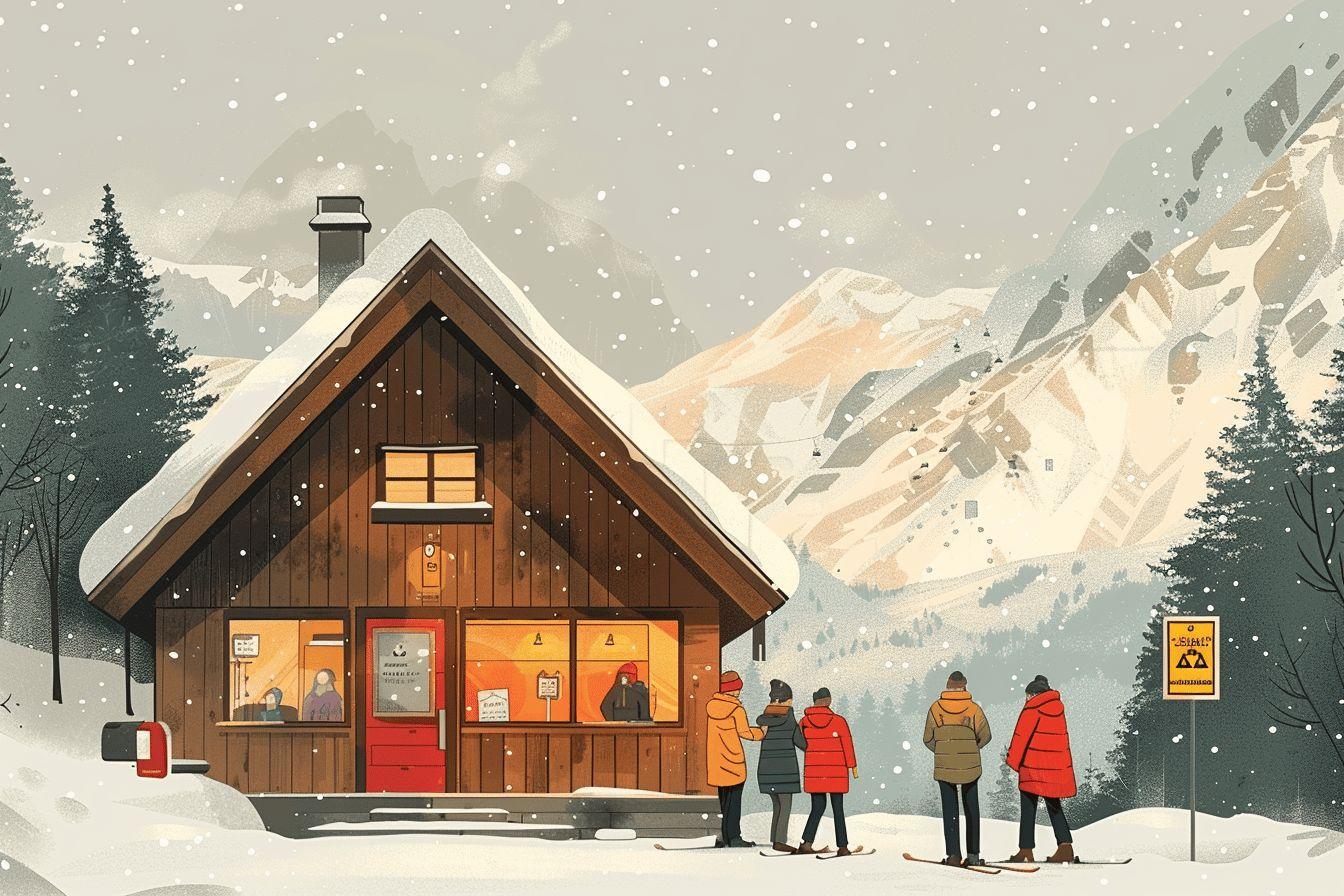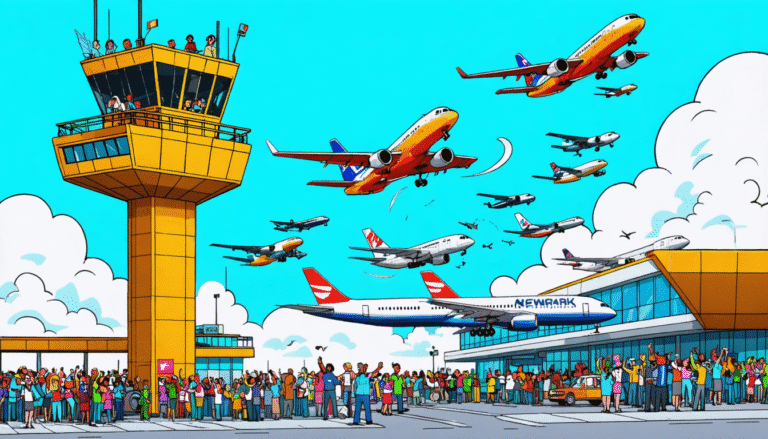In the beautiful department of Savoie, hosts face significant challenges due to traffic delays on the RN 90, caused by landslides. In response to this situation, these tourism professionals combine creativity and flexibility to best welcome tourists eager to enjoy the joys of winter sports. The way they adapt to unforeseen conditions reflects their resilience and commitment to ensuring a pleasant stay, despite the uncertainties of mountain roads.
In Savoie, hosts show remarkable resilience by adapting to traffic disruptions on the RN 90 caused by landslides. In the face of an influx of tourists, especially during the winter holidays, they implement innovative solutions to ensure optimal reception and minimize inconveniences. The initiatives taken by hotels and holiday centers demonstrate a collective mobilization to ensure visitor satisfaction while preserving the attractiveness of this mountainous region.
The current situation of the roads in Savoie
The roads leading to the major ski resorts in Tarentaise are currently affected by traffic delays. Recent landslides on the RN 90 have resulted in detours, complicating access to the popular resorts for winter sports enthusiasts. Local authorities strongly recommend that tourists plan their departures outside peak hours to avoid the massive traffic jams that often accompany the start of the holidays.
The hosts’ initiative for better reception
To address these logistical difficulties, hosts in Savoie are intensifying their efforts. They adjust their reception hours to meet the needs of clients arriving at unusual times. Many establishments keep their receptions open later into the night and implement catering services to accommodate those whose journeys have been delayed.
Flexibility of arrival times
In a spirit of accommodation, some hotel groups and holiday center managers encourage staggered arrivals on Saturday or even Sunday. This strategy allows for a smoother flow of vacationers and thus reduces the pressure on the roads during peak influx periods. The “Dimanchiste” system proposed by certain hosts has met with considerable success, representing a significant proportion of bookings.
Collaboration among tourism stakeholders
Industry players are also collaborating to improve the situation. Shuttles and alternative transport options are planned to help newcomers reach their accommodation despite the traffic difficulties. Tourist offices, in conjunction with hotels, are mobilizing to offer suitable solutions, thus ensuring better management of tourist reception in optimal conditions.
A heightened vigilance in the face of the unexpected
Despite these efforts, hosts remain vigilant and anticipate potential complications that changing weather conditions or additional road issues could pose. They implement communication channels to keep tourists informed of the latest developments and any potential changes to accommodation options.
Customer feedback and service adaptation
Customer feedback so far has been positive, with few reports of cancellations. Hosts strive to make the stay enjoyable despite the inconveniences caused by external conditions. Offering additional services and schedule adjustments demonstrates their commitment to not leaving clients frustrated by a situation beyond their control.
Overall conclusion: the resilience of Savoie stakeholders
With these initiatives, hosts in Savoie illustrate their ability to adapt to the challenges posed by the RN 90. The collective commitment to ensuring a positive experience for vacationers, despite the uncertainties, reflects a desire to maintain the attractiveness of this beautiful mountainous region. A valuable lesson on the power of collaboration and the importance of tailor-made hospitality in the mountain tourism industry.









